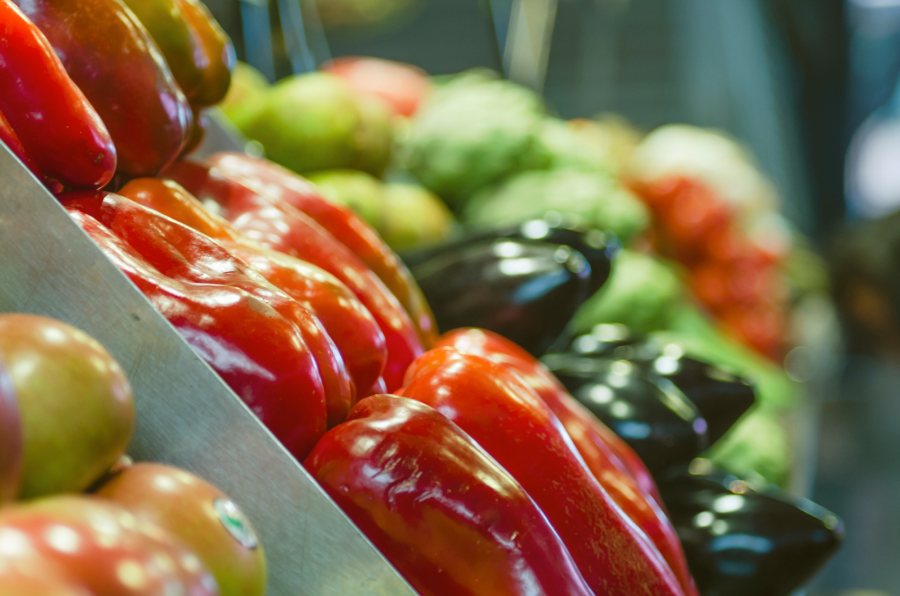Prices of food rise at fastest rate in 45 years, ONS says

The prices of food rose at the fastest rate in more than 45 years in the 12 months to February 2023, the Office for National Statistics (ONS) says.
The annual inflation rate in the food category was 18.2%, up from 16.8% in the year to January 2023.
Indicative modelled by ONS suggests that the rate would have last been higher in August 1977, when it was estimated to be 21.9%.
The largest contributor to the rise in food inflation was vegetables, which rose by 18% in the year to February 2023 compared with 15.5% in January.
There have been reports of shortages of salad produce and other vegetables due to the bad weather in southern Europe and Africa.
The impact of higher electricity prices on produce grown out of season in greenhouses in the UK and northern Europe was also a factor.
A spokesperson for ONS said: "As the cost of food continues to rise, half of adults in Great Britain are buying less food when food shopping, according to our latest public opinions and social trends survey."
When asked between 22 March and 2 April 2023, half of adults (51%) reported buying less food in the previous two weeks.
The ONS survey also revealed around one in four adults (26%) experienced shortages of essential food items in the past two weeks.
"When asked what actions they were taking to save money on food, over half of adults said they were buying cheaper food (53%)," the ONS spokesperson said.
"Around one in four were buying more tinned or longer shelf-life food (26%), and around one in five were eating food past its use-by date (21%)."
The cost of energy, animal feed and tools to grow food today are also at historic highs, with inflation in agriculture remaining at nearly 19%
NFU President Minette Batters told the union's recent annual conference “the clock is ticking” and that “time is almost up for this government to start walking the talk”.
"It’s ticking for those farmers and growers facing costs of production higher than the returns they get for their produce," she warned.
"It’s ticking for the country, as inflation remains stubbornly high, and the affordability and availability of food come under strain. It’s ticking for our planet, as climate change necessitates urgent, concerted action to reduce emissions and protect our environment.
"And it’s ticking for government – to start putting meaningful, tangible and effective meat on the bones of the commitments it has made."








